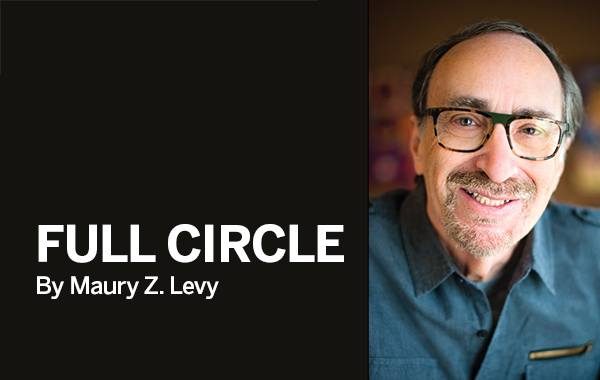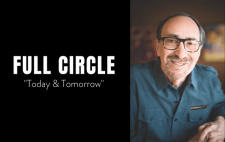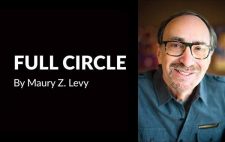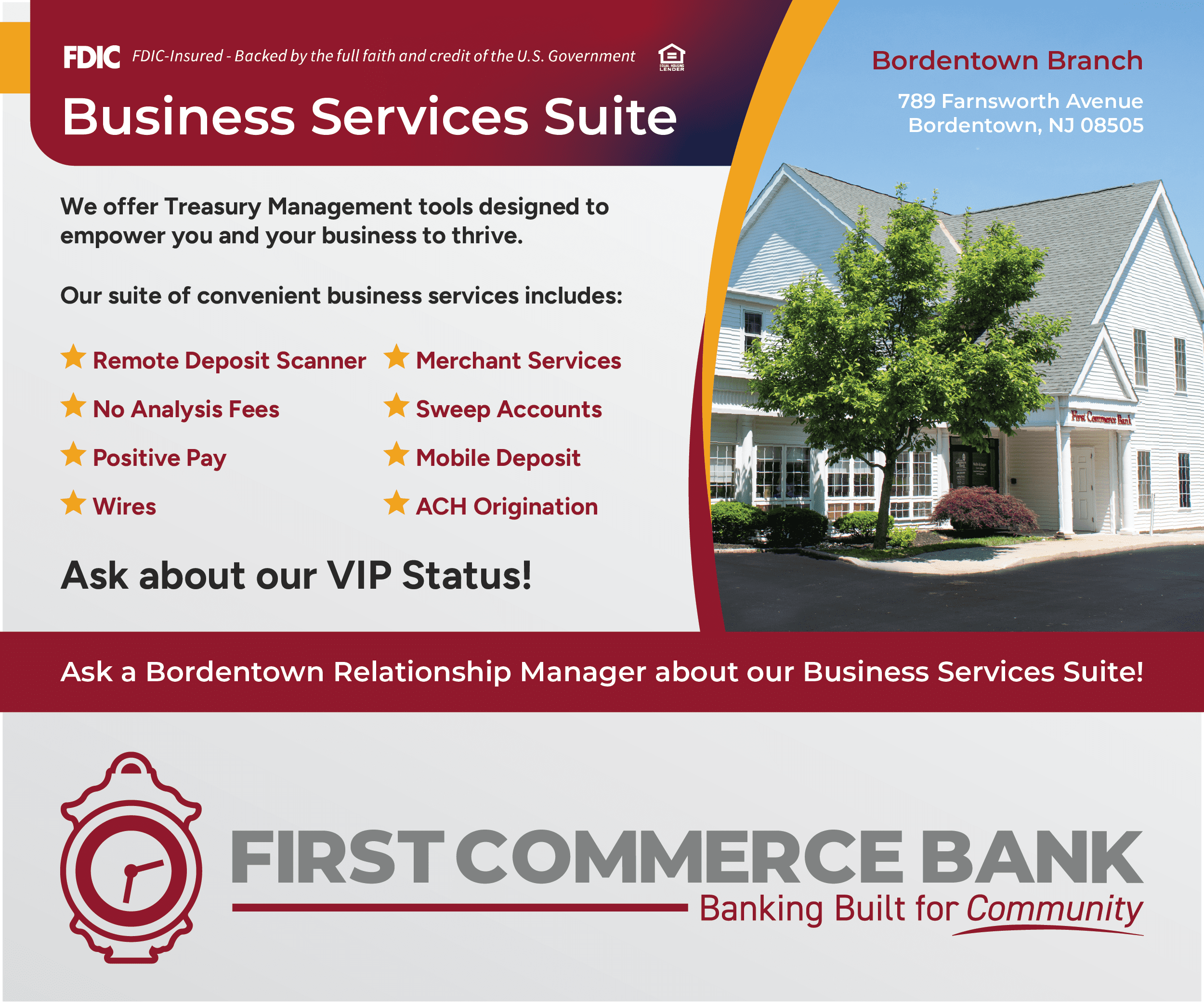My father never talked to me except for when he did. We would talk about baseball, we would talk about boxing, we would talk about the war – until two or three in the morning, we would talk about the war.
When I was about to finish high school, he had the big talk with me. I remember it well. I was sitting on the chipped concrete steps, right near the silver screen door. He was sitting on his green, metal patio chair, the only one that rocked. We would talk to each other through the Rustoleum black railing that separated us like so many prison bars.
“So what do you want to do with your life?” he asked. “What do you want to be?”
Everyone in my family, including me, thought I wanted to be a lawyer. I was smart, and I was a good arguer.
“I guess I want to be a lawyer,” I said.
“You can’t guess,” he said. “It’s your whole life. You need a plan. You just can’t do something because other people think you should. You have to find something that excites you, just like hitting a homer in the World Series. You need a plan.”
Not knowing much about planning, I took the Temple course catalogue up to my room and read every word.
Being a lawyer would take too long, I decided. And I didn’t really like school. And school didn’t really like me. I stopped at Communications: Radio, TV and Journalism. Why? It was the only major where I didn’t have to take a language. I already had two years of Spanish. And five years of Hebrew. But most of all, because I was lazy.
Writing. I decided on writing. And to prepare for being a great American writer, I got a part-time job at Sears. I learned about screwdrivers and hammers. But mostly, I learned about people. Everyone I waited on became a character. The woman with the seven missing teeth who tried to return a garden hose two days before its 10-year warranty ran out. The man with half a finger missing who wanted my advice on which chainsaw to buy for his tree-trimming business.
I had learned this wisdom from my father: “If someone is asking you a question,” he said, “that means they don’t know the answer. And your answer is as good as anyone else’s. Just look them in the eyes. And when you’ve made the sale, give them a firm handshake. That’s all you’ll ever need.”
So there, I didn’t need another language. I just needed eye contact. And reading. I learned that from my father, too. He read everything he could get his hands on. Me? I read George Orwell, Aldous Huxley and Playboy magazine – every copy I could get my hands on. This Hugh Hefner, I thought, he’s got a pretty good life.
“I think I know what I want to do,” I told my father. “I want to work for Hugh Hefner.”
“You never know,” he said. “Maybe he’ll invite you to the Playboy Mansion.”
I was waiting for the laugh, but it never came. I was amazed he didn’t say that I was crazy. But he didn’t.
Although, every so often, when he wanted to get under my skin, he would ask, “So, did you get that job with Hugh Hefner yet? Did you get that invitation to the Mansion?”
He never talked about my writing much. That wasn’t his way. But I could tell by the little smile on his face that he was my biggest fan. And that meant the world to me.
When I was 34, less than a year after my father died, I went to work for Hugh Hefner. My first meeting with him was at the Playboy Mansion in L.A. Was I nervous? No. I had a plan. I looked him in the eyes and gave him a firm handshake.
My father would have been proud.










